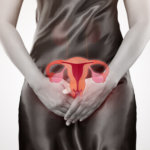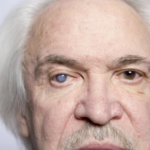
You wake up in the morning, and you don’t think too much about what happened when you passed out, you’re simply assuming that you were probably breathing, right?
Not always. A condition called sleep apnea can affect 7% of adult men. This is a condition where you may stop breathing in your sleep.
Think about this for a second, your throat is like a garden hose – it’s a collapsible tube. When you’re wide-awake, your throat muscles stiffen so that your airway doesn’t collapse when you suck in air, but when you’re sleeping, on the other hand, the same process that happens during the day doesn’t work so well. Every time you try and take a breath, your airway sometimes collapses and you are not getting enough oxygen. B stops and oxygen intake for apneas usually last around 10 seconds minimum but can be up to 20 to 30 seconds or longer. Below we have documented the 12 symptoms to pick up on whether or not you have sleep apnea.
1. Tired all the time
The first signal is that you’re tired all the time. Exhaustion is the biggest symptom of sleep apnea. Every time you stop breathing, your brain sends out a call of distress, in actual fact you are waking up throughout the night even if you don’t realize it yourself. Your brain has to be awake for a full 30 seconds to realize that it is awake. But even if you are just waking up for a few seconds, it can completely disrupt your entire sleep cycle and make you feel even more exhausted the next morning.
But let’s get real, exhaustion is extremely nonspecific and is common in many other conditions that would be more sleep apnea related. So don’t worry, in the next few points, we will go into detail the other signs and symptoms you should look out for in conjunction with extreme exhaustion to know whether or not you should consult your general practitioner about sleep apnea.


